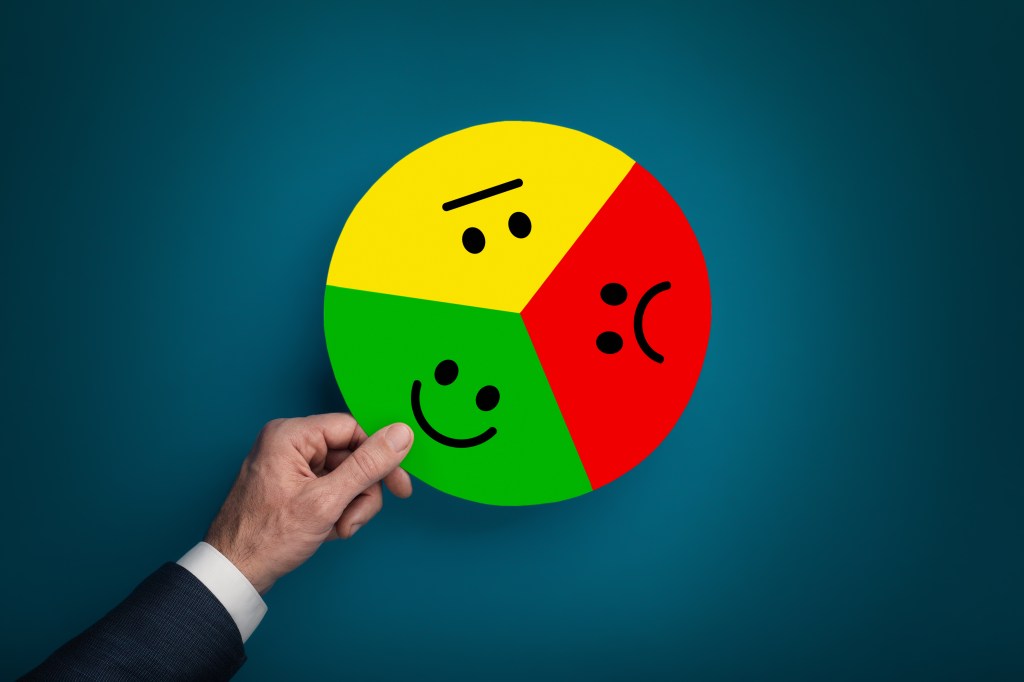Telematics: Big Brother in the Flesh
Usage-based-insurance, UBI or telematics is here, though not yet widespread. However, eventually carriers will find a way to make telematics part of every driver’s life. Are there any up or down sides to this future?
|
Usage-based insurance, UBI, or telematics is the “how” of alternative or new rating programs used by some carriers in the personal auto market. Telematics tracks how the person drives (quick starts, hard braking, time of day); how far they drive; how much (total mileage and how often); and how fast the person drives. When UBI is adopted, PAP insurance rates are based, at least in part, on habits rather than history. For example, I’ve been driving for 34 years and have never had an at-fault accident, and I’ve driven 31 years without a speeding ticket (I was 19 when I got my last one). Based on my history (my empirical data), I’m a very good auto insurance risk. However, and for example purposes only, let’s assume I begin to utilize a telematic device to garner even greater discounts – or avoid higher base pricing (more on this later). In so doing, the data shows that I tend to accelerate faster than the analytics like; I brake harder because there are so many bad drivers on the road; and I’m in traffic at peak rush hour every day. Telematics states that my habits deserve higher rates than my history suggests. (I hope my personal auto carrier isn’t reading this.) Analytic hounds at insurance carriers contend that these habits predict a greater likelihood of an accident than is indicated by my history. Maybe they are right, statistically, but it’s just as likely I could go another 30 or so years with no incident. It’s all a guess. Telematics simply gives the carrier more data to make its underwriting decision (guess). UBI is fine, provided it is only part of the ratemaking process rather than the primary factor in establishing rates. I don’t know the formulas as, I believe, most calculations are proprietary to each carrier, but the information gathered should not be given more weight than the driver’s history. I know people who, “telematically,” if that is a word, are perfect drivers; but historically are awful risks for the carrier – because they stink at driving. They drive the speed limit (or less), break easily and take off slowly; yet they are just bad drivers. I also know folks who are the opposite; “telematically,” they are rotten risks, but, in reality and historically, they are excellent drivers. I know, the techies and statisticians will disagree – that’s fine. Telematics is the new debate, like the insurance (or credit) score debate we were having 10 or 15 years ago. Although I believe information gained from the use of telematics is a better predictor than credit scores (insurance scores) ever were or ever could be – provided history and habit or both a part of the final rate. According to insurance carriers, telematics allows them to “customize” premiums based on driving habits. While such ability is not necessarily bad (but it’s not exact either), does the proliferation of telematics punish drivers who prefer not to share personal data? I don’t make use of a lot of features on my phone simply because I don’t want anyone to have access to or know my business. My business is none of their business; and I feel that way about the insurance carrier as well. I fear that carriers will begin discriminating against drivers who choose not to be connected to their data gathering systems. Such discrimination will take the form of either higher rates or possibly a refusal to provide coverage. And discrimination for refusing to use an UBI device is not necessarily risk-based, especially since the carrier doesn’t know what the individual’s driving habits are. Folks like me are going to refuse just on principle – does that mean I deserve a higher rate? I’m sure the carriers will say “yes,” but I don’t think so. Carriers have been content to take my auto premium for more than 30 years based on my history; increasing my rates or refusing to provide coverage simply because I don’t want to allow access to my driving habits seems unfairly discriminatory – in my personal opinion. Ultimately, though, I think UBI will be widely accepted because younger generations are used to living their life open for public consumption with everyone knowing what they are doing, where they are going and what they are eating for lunch. Privacy and the sense of “personal” information doesn’t seem to be prized as much as it used to; which is ironic given all the privacy laws that have been enacted in the past several years. My understanding is that UBI is very expensive for insurance carriers to implement. Evidently, carriers who do implement UBI foresee major benefits in either reduced losses, increased revenue or a combination of the two (which is most likely the case). As intimated, the advantage for the insurance carriers is that rates can be “customize” (not coverage as is touted in commercials) based on both history and habit – and carriers will likely be able to react more quickly than in the past. Consumers who fit the insurance carrier’s idea of a “safe” driver (not sure who or how that call is made) based on UBI-reported habits will also benefit with lower premiums. But I can also foresee potential claim problems. Suppose the personal auto policy application states that the insured drives to work and home less than a certain number of miles; rates differ based on the number of miles driven to work and home – and these “break points” vary by state. Following an accident, an analysis of the driver’s UBI data indicates that rather than driving less than 15 miles one way to work, he or she actually drives 22 miles one way to work. The information in the application may be considered a “material misrepresentation” of underwriting facts. Material misrepresentation is grounds for the voidance of coverage and a potential claim denial. I’m not trying to be an alarmist; I’m just trying to guess some of the issues. Data is the future of insurance. We already see employee wearables that monitor how an employee works. Lifting is monitored to assure proper techniques are applied. Heart rates and blood pressure are monitored for some working in high stress jobs to avoid cardiovascular issues; body heat levels are measured to avoid heat exhaustion; and I’m sure there are other facets that are monitored I know nothing about. So, beyond personal auto, I see such telematic monitoring becoming part of the workers’ compensation system – including rating. Let’s stick with employee monitoring for sake of the discussion. Suppose the workers’ compensation carrier discovers that one-fourth of the workforce has high blood pressure, it is possible to foresee the carrier removing credits, debiting the account or even refusing to write coverage because of the increased chance of heart attacks that might be considered work related. I don’t know if this is discriminatory or not, but such monitoring might result in a change in hiring practices all because of work comp or even health insurance pricing. (Fear of increased costs are the basis for the history of second injury funds. Could such monitoring create the need for another safety net?) Areas where telematics can be useful include fleet monitoring to track how are fleet vehicles being used. I recently received an email from a telematics company focused on fleet management touting their ability to reduce accidents by 50 percent due simply to the installation of their telematic system. Another possible use is in the area of equipment monitoring; I can see telematic devices being attached to cranes to confirm they are set up correctly, balanced correctly and that the load is appropriate – and this may be able to be done from miles away. These are just a couple examples. Telematics will become a bigger part of the insurance landscape as carriers look for ways to better predict and even prevent losses from occurring. But I’m not sure what the ultimate effect is going to be. Although outside the scope of this article, advanced telematics will likely be necessary before we can have fully autonomous vehicles. So, ultimately the government may step into the telematics arena as society moves towards autonomy.
Last Updated: July 19, 2019 |
Copyright © 2025, Big “I” Virtual University. All rights reserved. No part of this material may be used or reproduced in any manner without the prior written permission from Big “I” Virtual University. For further information, contact nancy.germond@iiaba.net.









